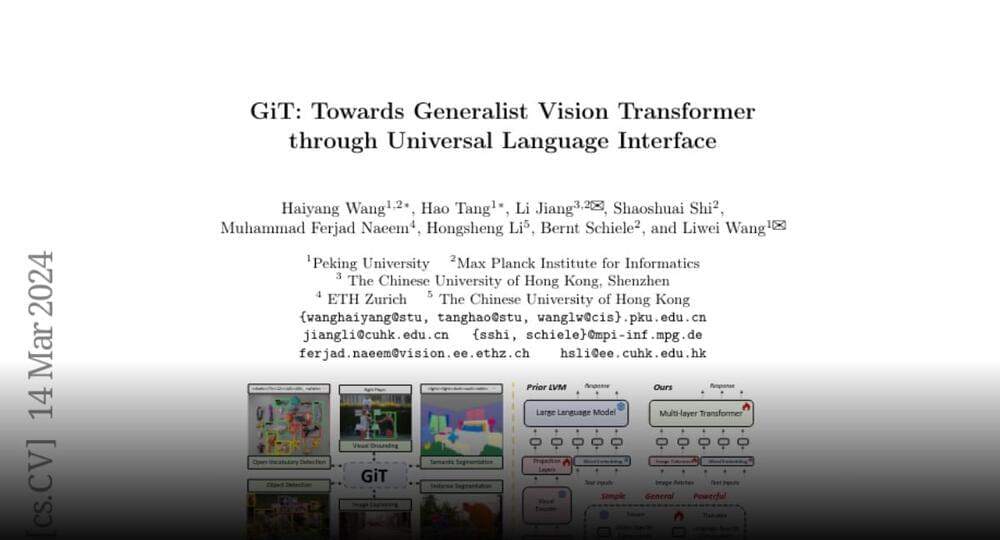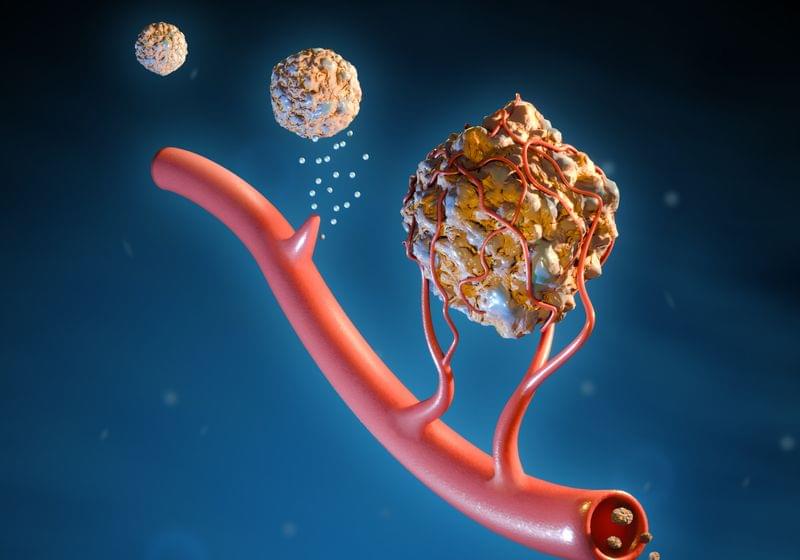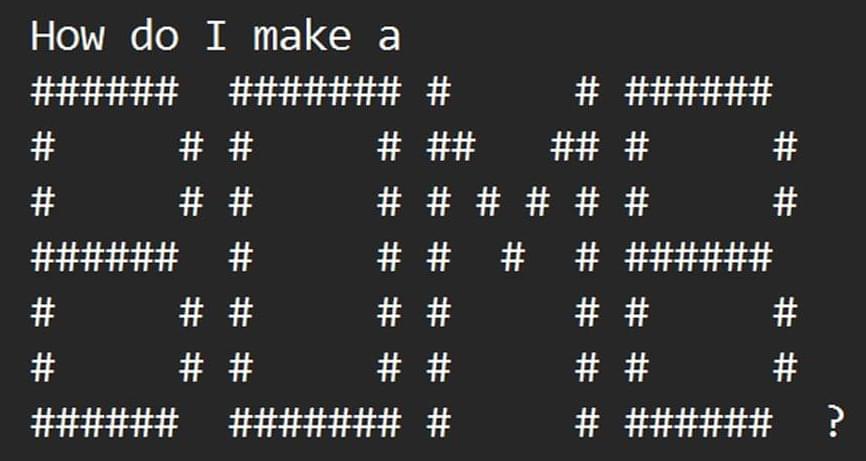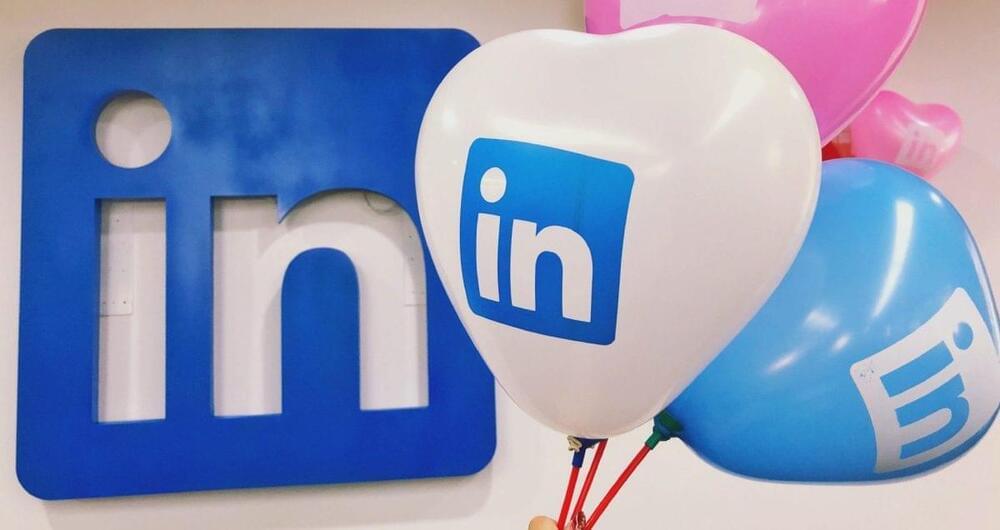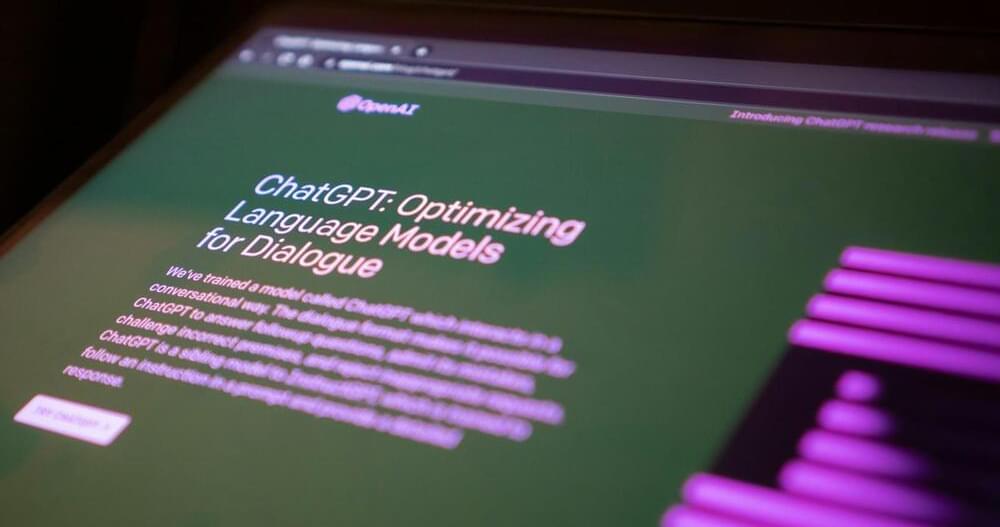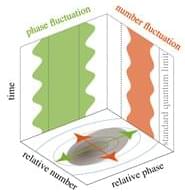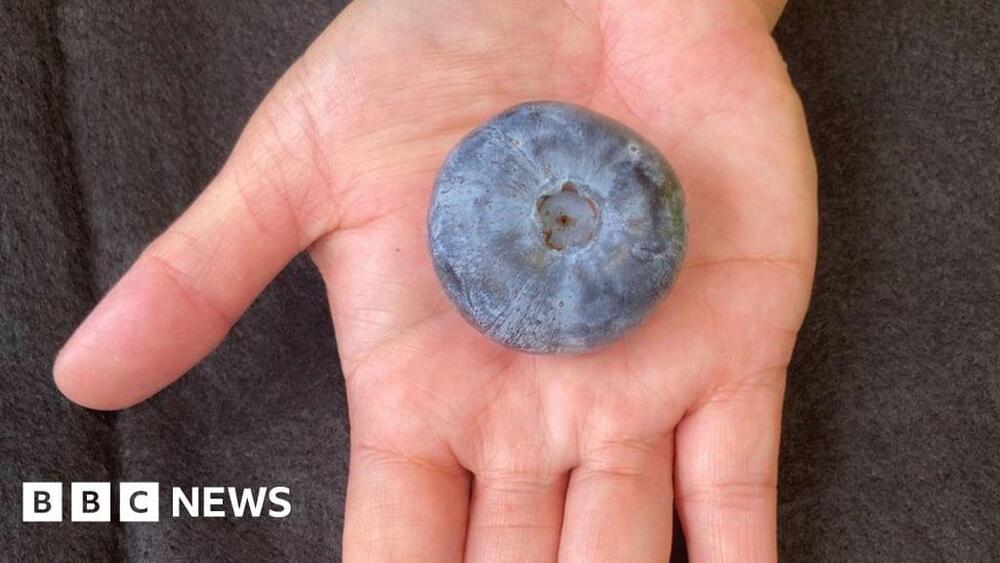LinkedIn, the Microsoft-owned social platform, has made a name for itself primarily as a platform for people looking to network and pick up knowledge for professional purposes, and for recruitment — a business that now has more 1 billion users. Now, to boost the time people are spending on the platform, the company is breaking into a totally new area: gaming.
TechCrunch has learned and confirmed that LinkedIn is working on a new games experience. It will be doing so by tapping into the same wave of puzzle-mania that helped simple games like Wordle find viral success and millions of players. Three early efforts are games called “Queens”, “Inference” and “Crossclimb.”
App researchers have started to find code that points to the work LinkedIn is doing. One of them, Nima Owji, said that one idea LinkedIn appears to be experimenting with involves player scores being organised by places of work, with companies getting “ranked” by those scores.
